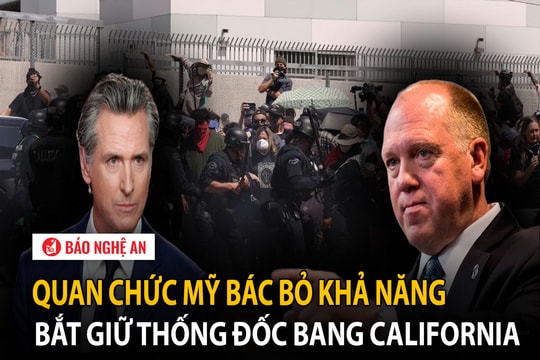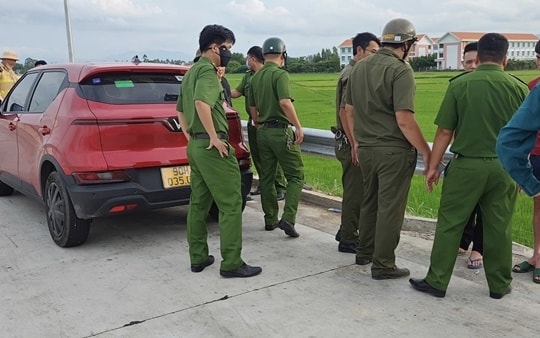Treason and espionage crimes will not be pardoned from 2019
The 2018 Amnesty Law allows for exemption from amnesty for some people convicted of crimes related to national security violations.
The 2018 Amnesty Law applies to people sentenced to fixed-term imprisonment or life imprisonment; agencies, organizations, and citizens of Vietnam; foreigners residing in Vietnam, foreign organizations, and international organizations operating in Vietnam related to amnesty activities.
According to the law, amnesty is a special clemency of the State decided by the President to release prisoners early for those sentenced to fixed-term imprisonment or life imprisonment on the occasion of important events, major national holidays or in special cases.
A person serving a fixed-term prison sentence or a person sentenced to life imprisonment but reduced to a fixed-term prison sentence may be proposed for amnesty when all of the following conditions are met:
- Has made much progress, has good reform awareness and is classified as having served the prison sentence fairly or well according to the provisions of the law on criminal execution.
- Having served at least 1/3 of the prison sentence in the case of a fixed-term prison sentence; at least 14 years in the case of a life sentence that has been reduced to a fixed-term prison sentence.
- Persons convicted of crimes of sabotaging the implementation of socio-economic policies; crimes of sabotaging solidarity policies; crimes of organizing, coercing, inciting others to flee abroad or stay abroad to oppose the people's government;... persons sentenced to 7 years or more in prison for robbery, kidnapping for the purpose of appropriating property, illegal production of narcotics, illegal trading of narcotics who have served a prison sentence for a period decided by the President, but at least half of the time in the case of being sentenced to a fixed-term prison term.
- Has served at least 17 years of a life sentence that has been reduced to a fixed-term prison term.
- Completed the additional penalty of a fine and paid court fees;
- Has completed the obligation to return property, compensate for damages, and other civil obligations for people sentenced to prison for corruption crimes or other crimes decided by the President in each amnesty.
- Having completed or partially performed the obligation to return property, compensate for damages, or other civil obligations, but due to falling into particularly difficult economic circumstances, there are no conditions to continue performing the remaining part according to the provisions of the law on civil judgment enforcement.
In case of having to perform the obligation to return property, compensate for damages, or other civil obligations regarding property not owned by the State, the person subject to enforcement must agree to postpone the enforcement of the judgment or not request enforcement of the judgment regarding this property;
- When granted amnesty, it does not negatively affect security and order;
A person whose prison sentence is temporarily suspended may be proposed for amnesty when the following conditions are met:
- Has made much progress, has good reform consciousness and is classified as having served the prison sentence fairly or well according to the provisions of the law on the execution of criminal sentences during the time of serving the prison sentence before the decision to temporarily suspend it was made.
- Strictly comply with the law during the period of temporary suspension of prison sentence.
- Having served at least one-third of the prison sentence in the case of a fixed-term imprisonment; at least 14 years in the case of a life sentence that has been reduced to a fixed-term imprisonment.
Compared with the 2007 Amnesty Law, the new law adds the followingPersons sentenced to imprisonment for the following crimes shall not be recommended for pardon:
- Betrayal of the Fatherland.
- Activities aimed at overthrowing the people's government.
- Spy.
- Violation of territorial security.
- Riot
- Terrorism against the people's government.
- Destroying the material and technical facilities of the Socialist Republic of Vietnam.
- Making, storing, disseminating or propagating information, documents or items aimed at opposing the Socialist Republic of Vietnam.
- Security disturbance.
- Destroying detention facilities.
- Terrorism or one of the crimes specified in the Chapter on crimes against peace, crimes against humanity and war crimes of the Penal Code.
As in the old law, the following cases are also not eligible for amnesty:
- The judgment, part of the judgment or decision of the Court against that person is being appealed under the procedure of final judgment or retrial in the direction of aggravating criminal liability.
- Being prosecuted for other crimes;
- Previously pardoned;
- Having two or more criminal records;
- Other cases decided by the President.

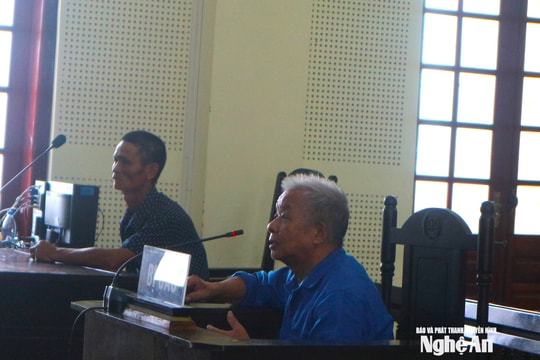
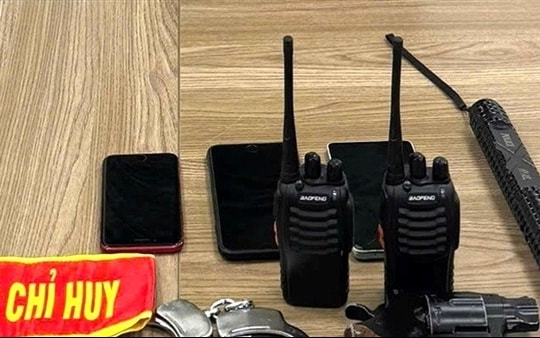
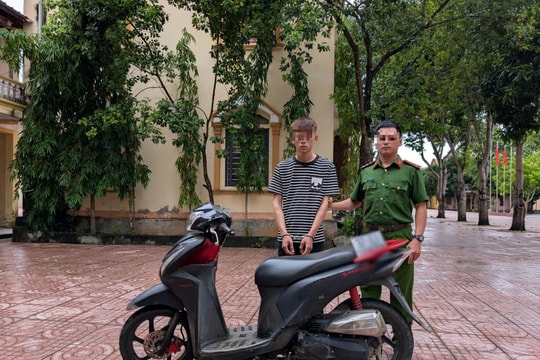
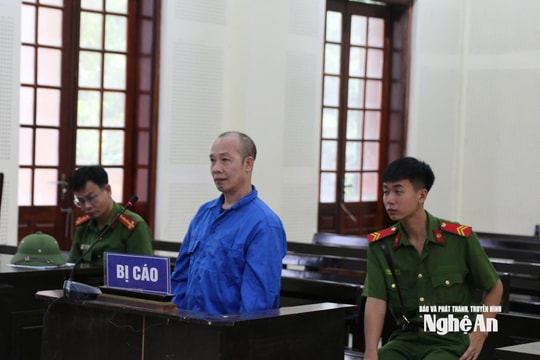
.jpg)
